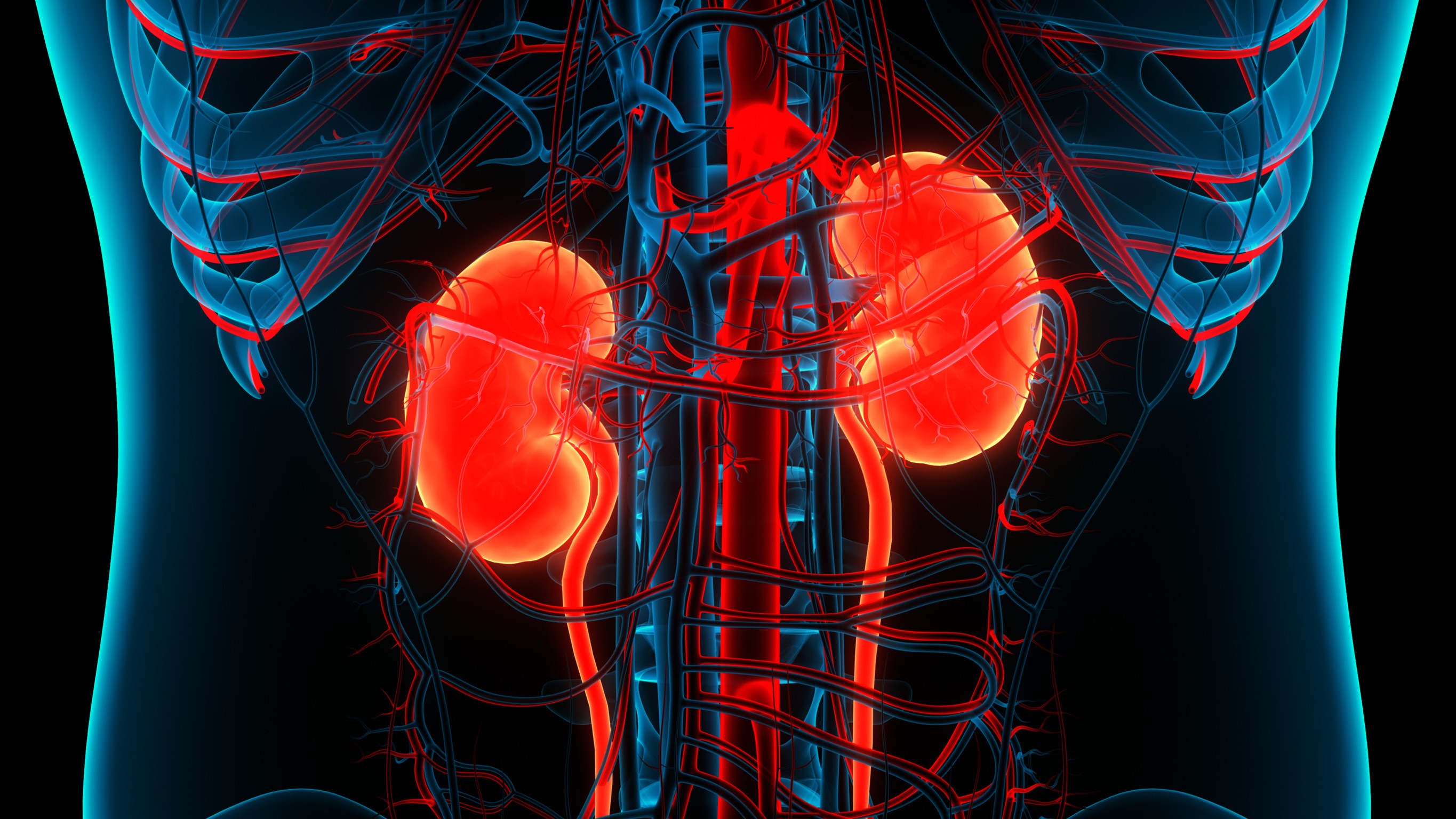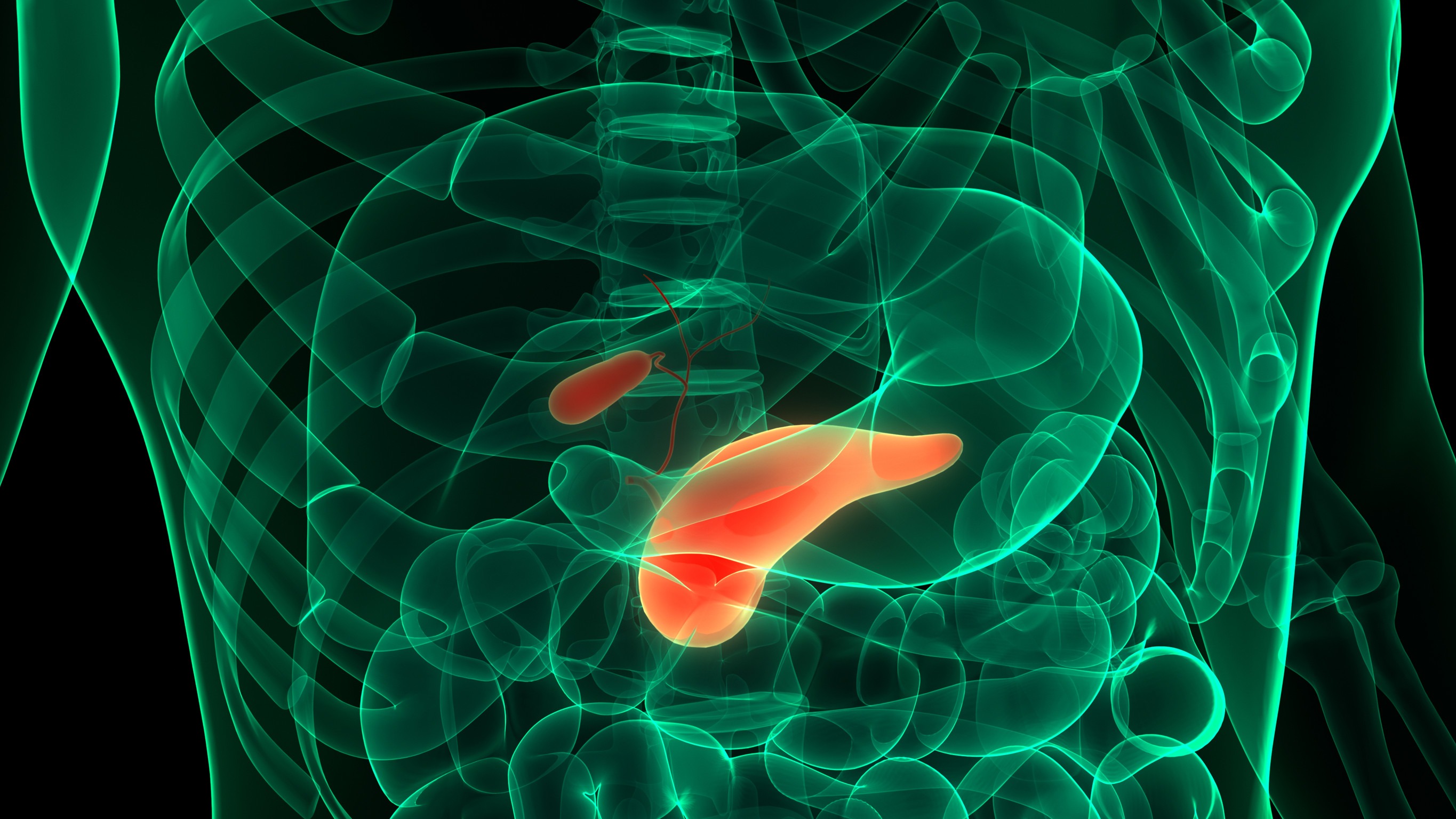
Combating Chronic Kidney Disease: A Powerful New Alliance
In an era where health breakthroughs often redefine how we approach chronic diseases, a recent study has revealed a promising new therapy for those grappling with both chronic kidney disease (CKD) and type 2 diabetes (T2D). Conducted as part of the CONFIDENCE trial, researchers found that combining the SGLT2 inhibitor empagliflozin with the mineralocorticoid receptor antagonist (MRA) finerenone significantly reduces albuminuria, a critical mediator of kidney function and cardiovascular health. This combination therapy not only enhances patient outcomes but could also pave the way for more effective treatment strategies in the future.
Significance of Albuminuria Reduction
The trial, presented at the 62nd European Renal Association Congress, showed that an impressive 70% of participants reached the American Diabetes Association’s recommended target for urinary albumin-to-creatinine ratio (UACR) reduction of over 30%. These results sparked enthusiasm, as lead researcher Dr. Rajiv Agarwal emphasized the significance of UACR as a crucial marker in gauging kidney health. For many patients, this breakthrough signifies not just statistical improvement but a tangible reduction in the risk of severe kidney and cardiovascular complications.
Shifting the Paradigm in Treatment Approaches
Traditionally, treatment for CKD and T2D has followed a stepwise approach, introducing one medication at a time. However, the findings from the CONFIDENCE study suggest a paradigm shift towards upfront combination therapies. Dr. Mustafa Arici, session co-chair, outlined the importance of starting combination therapy early in the treatment journey, given the solid data supporting such an approach.
A Closer Look at Combination Therapy
As Peter Rossing, co-investigator in the trial, pointed out, the conventional treatment strategy for CKD-T2D patients revolves around four pillars: ACE inhibitors, ARBs, SGLT2 inhibitors, and MRAs. The question remains on how to effectively implement and combine these therapies. Encouragingly, evidence from other medical fields, including hypertension and heart failure, indicates that using a mix of medications can yield superior results. This evolution in treatment strategy highlights the broader potential for multi-faceted approaches in managing chronic conditions.
The Future of Kidney Health Solutions
While the CONFIDENCE trial has set the stage for a new understanding of treatment effectiveness, some limitations remain. Dr. Arici mentioned the absence of direct clinical endpoints like decreased need for dialysis or reduced mortality rates. However, he remains optimistic, noting that UACR serves as a useful surrogate marker that indicates kidney health without exposing patients to significant risk. This could lead to a broader acceptance of combination therapies as they demonstrate success in reducing critical health markers.
Actionable Insights for Patients
For patients navigating the complexities of CKD and T2D, the advancements highlighted by these findings provide newfound hope and a call to action. Taking charge of one’s health through proactive engagement in treatment discussions with healthcare providers is vital. Patients can ask about combination therapies, emphasizing the importance of comprehensive treatment plans that address all aspects of health.
Health Trends Shaping Future Practices
The results from the CONFIDENCE trial align with patterns seen across various health sectors, including a growing emphasis on personalized medicine and integrated treatment approaches. As scientific research continues to unveil better strategies for managing chronic diseases, individuals are encouraged to stay informed about their treatment options and seek guidance from healthcare professionals equipped with the latest insights.
In conclusion, the revelation from the CONFIDENCE trial is a testament to the power of innovation in health and wellness. For suburban professionals aged 25 to 50, understanding these advancements could translate into more effective management of chronic illnesses and a pathway towards improved quality of life.
For those keen on exploring more about health and wellness, consider consulting with healthcare professionals about how the latest findings can impact your personal health journey.
 Add Row
Add Row  Add
Add 




 Add Row
Add Row  Add
Add 

Write A Comment